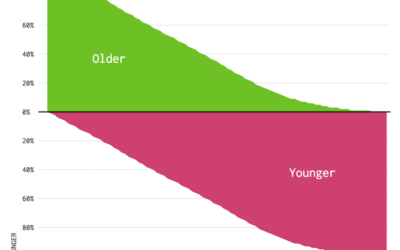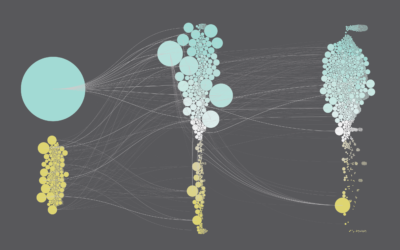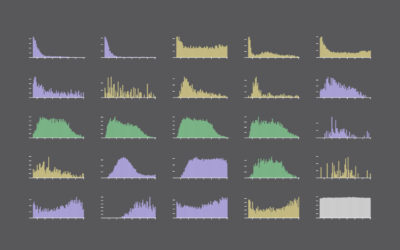EGOT Winner Timelines
EGOT winners are those who have won an Emmy, Grammy, Oscar, and Tony for their works in television, music, film, and theatre, respectively. Only 15 people have done it, since you know, it’s not really easy to do.
Here’s how the 15 winners did it. Plus Hugh Jackman.
Towards the EGOT
Only 15 people have earned an Emmy, Grammy, Oscar, and Tony.
Hugh Jackman, for his work on The Greatest Showman album, just won a Grammy, which puts him just one award away from elusive EGOT status. All he has to do is win an Oscar. That’s all.
Notes
- Grabbed the data from Wikipedia.
- Made the chart using D3.js.
- I wonder how many people are almost there. If someone knows where I can quickly get four full lists of Emmy, Grammy, Oscar, and Tony winners by year, let me know.
Become a member. Support an independent site. Make great charts.
See What You Get





